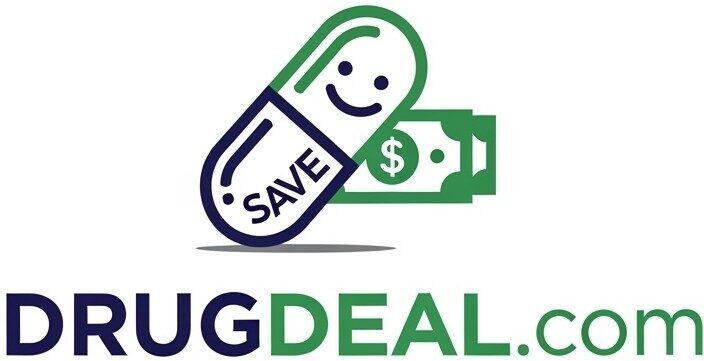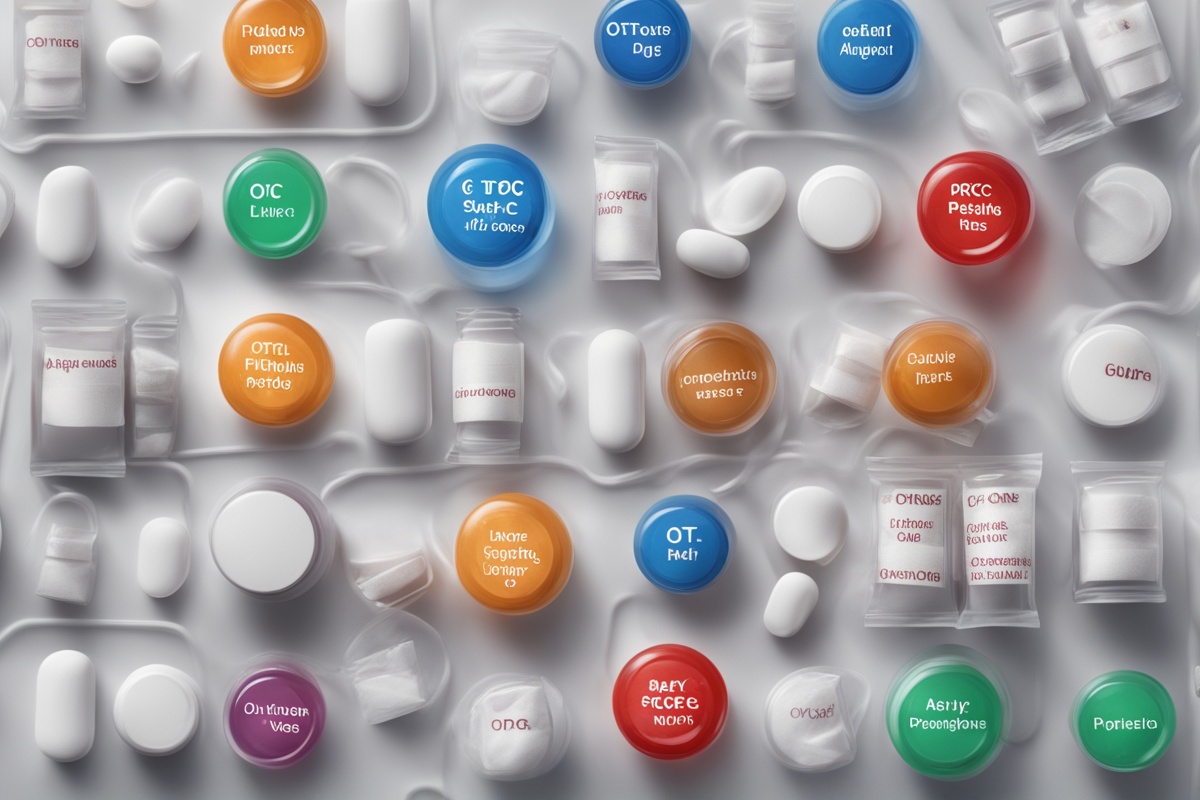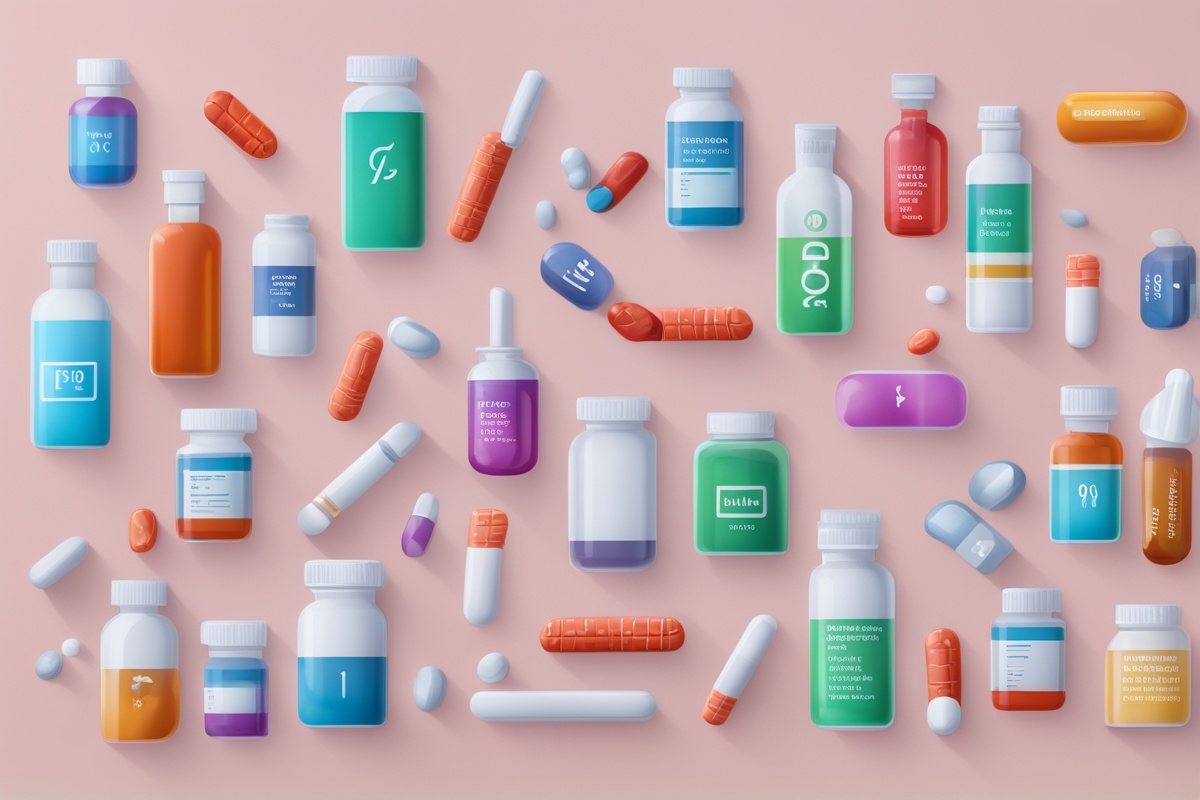Navigating the world of over-the-counter (OTC) medications can feel like walking a tightrope. On one hand, these readily available drugs offer quick relief for everything from headaches to heartburn; on the other, misuse or misunderstanding can lead to serious health risks. If you’ve ever found yourself standing in a pharmacy aisle, squinting at fine print on a bottle of pain relievers, wondering if it’s safe to take with your other meds, you’re not alone. The safe usage of nonprescription meds is a topic that touches nearly everyone at some point, and it’s one we need to get right. Let’s dive into how to use these everyday remedies responsibly, with practical tips, real-world insights, and expert-backed guidance to keep you and your loved ones safe.
Why Safe Usage of Nonprescription Meds Matters
OTC drugs might seem harmless—after all, they don’t require a prescription, so how risky can they be? But here’s the rub: just because you can buy something without a doctor’s note doesn’t mean it’s foolproof. According to the U.S. Food and Drug Administration (FDA), misuse of OTC medications contributes to thousands of emergency room visits each year. Whether it’s taking too much acetaminophen and risking liver damage or mixing meds that don’t play nice together, the stakes are higher than many realize. Safe usage of nonprescription meds isn’t just about following the label (though that’s a start); it’s about understanding your own health, recognizing limits, and making informed choices. Imagine you’re dealing with a nagging cold and pop a decongestant without checking if it clashes with your blood pressure medication—suddenly, a minor sniffle could spiral into a major issue. Let’s not let that happen.
Reading Labels: Your First Line of Defense
The label on an OTC drug isn’t just a wall of tiny text meant to bore you—it’s a roadmap to safe usage. I learned this the hard way a few years back when I grabbed a sleep aid during a bout of insomnia, only to wake up groggy and realize I’d taken a dose meant for someone half my weight. Lesson learned: read the fine print. Labels tell you the active ingredients, proper dosage, potential side effects, and warnings about interactions. For instance, if you’re over 65, certain antihistamines might pose a higher risk of dizziness or confusion. Don’t skim over the “do not use if” section either—it’s there for a reason. A quick tip? Keep a magnifying glass or use your phone’s zoom feature if the text is too small. And if you’re unsure, ask a pharmacist. They’re often underutilized goldmines of advice for safe usage of nonprescription meds.
Know Your Health: Personalizing OTC Choices
Not every OTC med is a one-size-fits-all solution, and that’s where things get tricky. Your health history, age, and even lifestyle play a huge role in what’s safe for you. Got a sensitive stomach? That ibuprofen for your back pain might do more harm than good by irritating your gut. Pregnant or breastfeeding? Many common meds like decongestants could pose risks to your baby. I remember chatting with a friend who casually took a high dose of vitamin C supplements to “boost immunity,” only to end up with nausea and diarrhea because her body couldn’t handle the excess. The takeaway? Safe usage of nonprescription meds means tailoring your choices. If you’ve got chronic conditions like diabetes or heart disease, or if you’re on prescription drugs, check with a healthcare provider before adding anything new to the mix. It’s not about being paranoid; it’s about being smart.
Avoiding the Trap of Overuse and Dependency
Ever heard the saying, “If a little is good, more must be better”? When it comes to OTC meds, that couldn’t be further from the truth. Overuse is a sneaky pitfall. Take pain relievers like acetaminophen—exceeding the daily limit can quietly damage your liver before you even notice symptoms. Or consider antacids for heartburn: popping them like candy might mask an underlying issue that needs a doctor’s attention. I’ve seen this firsthand with a family member who relied on sleep aids every night for months, only to struggle with withdrawal when trying to stop. The safe usage of nonprescription meds means sticking to recommended doses and durations. If you find yourself needing an OTC drug for more than a few days (or as directed on the label), it’s a red flag. Don’t ignore it—reach out to a healthcare pro to dig deeper.
Drug Interactions: The Hidden Danger
Here’s a question to chew on: Did you know that even seemingly benign OTC meds can clash with other drugs or supplements in your system? It’s not just prescription meds you need to worry about. For example, combining a common antihistamine like diphenhydramine with alcohol can amplify drowsiness to dangerous levels—think driving while half-asleep. Or take St. John’s Wort, an herbal supplement often used for mood support; it can mess with the effectiveness of certain pain relievers or even birth control. I once advised a coworker who was taking aspirin for headaches to double-check with her doctor since she was also on a blood thinner—turns out, the combo could’ve increased her bleeding risk. The safe usage of nonprescription meds hinges on awareness. Make a list of everything you’re taking (yes, even vitamins) and run it by a pharmacist or doctor if you’re unsure. Better safe than sorry, right?
Storage and Disposal: Small Steps with Big Impact
Safe usage of nonprescription meds doesn’t end when you swallow the pill—it extends to how you store and dispose of them. I can’t tell you how many times I’ve seen friends leave meds on a sunny windowsill or in a steamy bathroom, not realizing heat and humidity can degrade the drug’s potency. Keep them in a cool, dry place, out of reach of kids or pets. And don’t hang onto expired meds “just in case.” They might lose effectiveness or, worse, become harmful. Disposal is key too—flushing meds down the toilet can contaminate water supplies, and tossing them in the trash risks someone else finding them. Look for local drug take-back programs or mix expired pills with something unappealing (like coffee grounds) before sealing them in a bag for disposal, as recommended by the FDA. These small habits make a big difference in keeping everyone safe.
Special Considerations for Vulnerable Groups
Some folks need extra caution when it comes to OTC meds, and it’s worth shining a spotlight here. Kids, for starters, aren’t just mini-adults—dosing for them is a whole different ballgame. Giving a child under 2 an OTC cold remedy without a doctor’s okay can be risky, as the American Academy of Pediatrics warns. Then there’s the elderly, who might metabolize drugs slower, increasing the chance of side effects. And let’s not forget pregnant women or those with chronic illnesses—safe usage of nonprescription meds for these groups often means more restrictions and consultations. I recall a neighbor who assumed her teenage son could take the same dose of cough syrup as she did, only to learn from her pediatrician that teen dosing isn’t always adult dosing. If you’re caring for someone in a vulnerable group, don’t guess. Seek guidance to avoid unintended harm.
Empowering Yourself with Knowledge and Resources
At the end of the day, the safe usage of nonprescription meds comes down to being proactive. Knowledge is power, and there’s no shortage of reliable resources to tap into. Websites like the FDA’s consumer updates or the Mayo Clinic’s drug information pages offer clear, trustworthy info on OTC safety. Pharmacists are another fantastic (and often free) resource—don’t hesitate to ask them even “dumb” questions. I’ve made it a habit to jot down questions before heading to the pharmacy, like whether a certain med is okay with my morning coffee or if generics are just as effective (spoiler: they usually are). Apps like Medscape or even simple drug interaction checkers can also help you stay informed. The more you know, the better equipped you are to make safe choices without second-guessing yourself.
References
- U.S. Food and Drug Administration (FDA) – Drug Safety and Availability
- Mayo Clinic – Over-the-Counter Products: What You Need to Know
- American Academy of Pediatrics (AAP) – Over-the-Counter Medications for Children
Disclaimer: This article is for informational purposes only, based on general research and personal experience—it’s not a substitute for professional medical advice. The information provided here is intended to raise awareness and encourage safe practices, but it may not apply to every individual’s unique health situation. Always consult a qualified healthcare professional, such as a doctor or pharmacist, for personalized guidance before starting, stopping, or adjusting any medication, whether over-the-counter or prescription. Your health and safety are paramount, and professional input ensures decisions are tailored to your specific needs and circumstances.
This content is for informational purposes only and not a substitute for professional advice.



